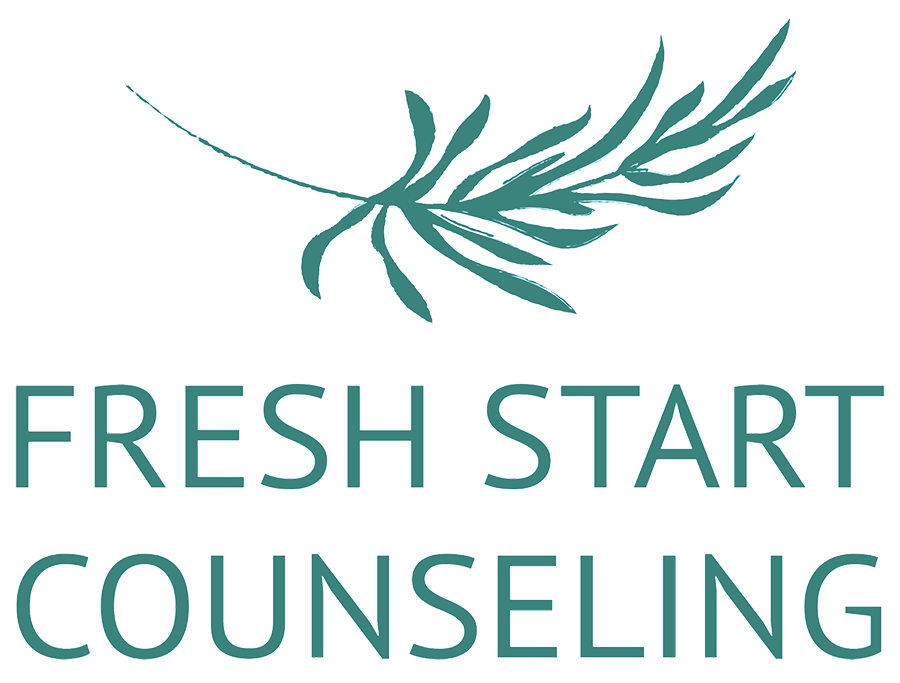Irrational Thoughts, Fear & Anxiety
I have been working with people that all have different concerns, and are going through different stages in their lives. I noticed lately a theme that is often a byproduct of underlying issues: irrational thinking. Irrational thoughts that cost fear and worry us to an extent it affects our life quality. We all have fears and worries, some are reasonable, while others make less sense.
What is an irrational thought? Per calmclinic.com it can be defined as: “Where logic is overruled by the belief that something unlikely or impossible will happen…” Often it may also include thoughts about what currently is going on in a person’s life.
When this happens, you would think that a person that can rationalize will be able to easily make sense of the irrational thought and redirect the thought pattern. But even the most calm and collected individuals can submit to their fears of the unlikely and are unable to manage their course back to normality.
A big part of redirecting yourself to your renewed state of regularity is addressing what or where this phobia stems from. Whether it arises from a past experience, or something more current, as there is for everything, there is a way to get through it.
You might ask why it is important to figure out the source of a fear, irrational or not. With the source, you have a greater understanding of your problem and thus can create a better way of moving past it. In rare cases, people were found to completely find no fear in things they once used to just from remembering why they were scared in the first place just because they found it silly. But in more common cases, knowing your source allowed you to better tackle your issue.
“F.E.A.R has two meanings: ‘Forget Everything And Run’ OR ‘Face Everything And Rise.’ The choice is yours.”
— Zig Ziglar
How To Face Your Fears
I have mentioned facing your fear, but allow me to go in-depth on some tactics. How one should handle conquer fear is very subjective, and there are many arguments for as well as against some methods. So keep in mind that the effectiveness of some techniques will differ for everyone and their willingness and commitment to get better.
Meditation
Meditation sounds daunting and mysterious for some, especially those who have only familiarized themselves with traditional or hands-on approaches. But for those who are willing to dive into their minds and search the deepest corners of their brain, meditation proves itself time and time again as an effective tactic.
First, you want to find a spot where you feel relaxed and will not be disturbed. In this area, you might want to put down something you will be comfortable with sitting or laying on for a good amount of time.
When meditating, you want to find yourself in a comfortable position without feeling dynamic external stimulation. Once you are ready, you want to close your eyes and start thinking about these fears. These fears are nothing but thoughts and opinions; they can change for the better. These fears are yours, and you have power over how they affect you. You want to be taking deep breaths and feel the air circulate in your lungs. You can loosen the grip that this phobia has on you: the very same grip holding you back. You want to feel the air move around your skin. And as you explore your mind, you will find a greater understanding of your fears and phobias.
Confronting Fears Head-On
Confronting fears is not without challenge. It often takes buildup and confidence. Now, facing these fears does not mean sticking your hand in an ant pile if you are scared of bugs, rather it means to learn about insects, which ones you probably should be scared of, which ones are a part of your local ecosystems, how they contribute to keeping your grass green. Maybe a better understanding of what you are scared of will lessen your phobia, or maybe it won't. Some people may need to see for themselves, the realities of their fears. In this case: an ant farm. Being able to see the difference between your depiction of your fear versus the reality of it is a real eye-opener.
Is it Okay to Have Fears?
Absolutely. Fears are what keep you safe and far from (or careful around) danger. Irrational fears are just extreme cases of disgust and being uncomfortable. No phobias should completely be forgotten because being scared is being safe.
It is important to recognize that your fears have turned you into who you are and are a part of your past. We must remember and learn from our past and learn from our past experiences. If you are ready to start your journey to facing things head-on, reach out to me to see how anxiety therapy can help you.

